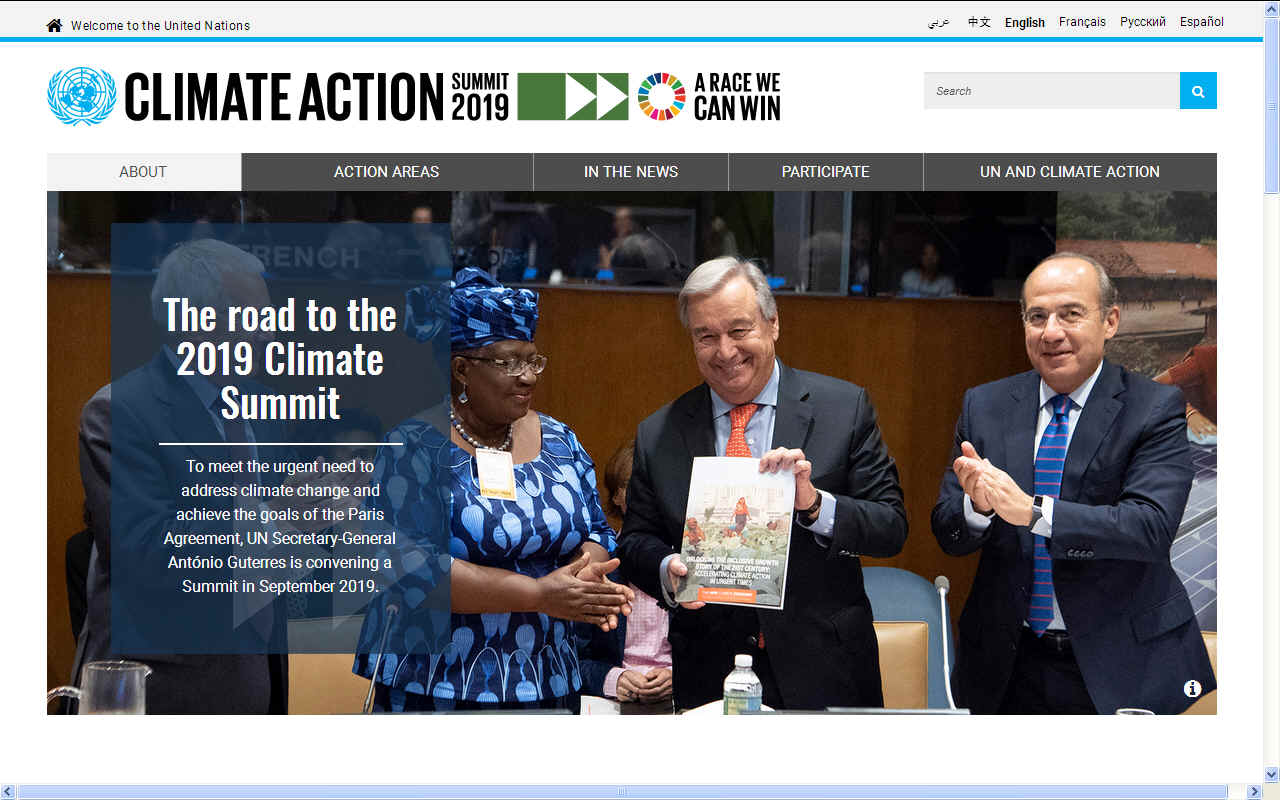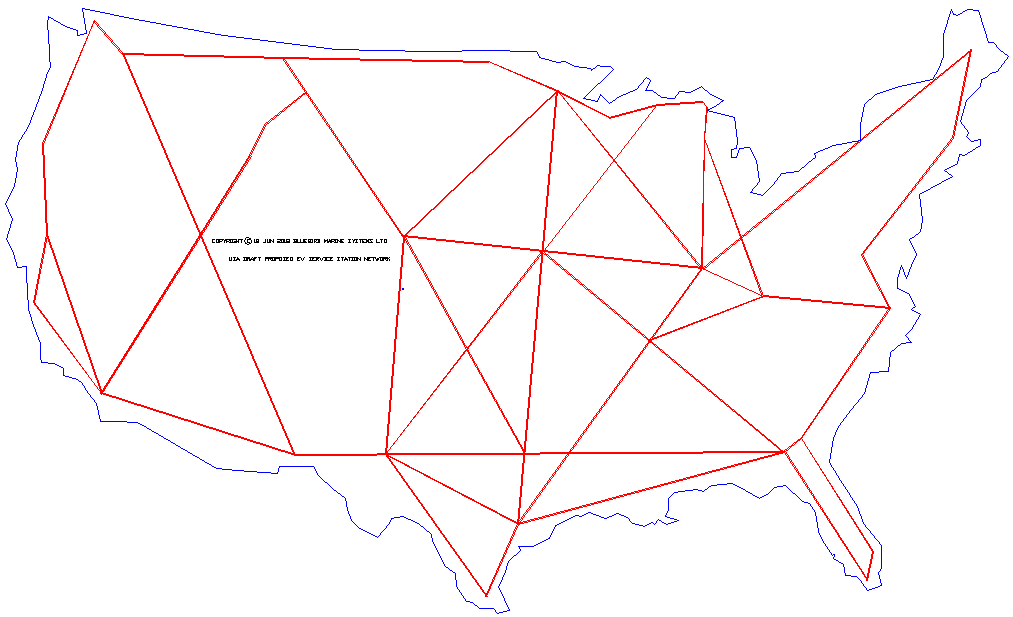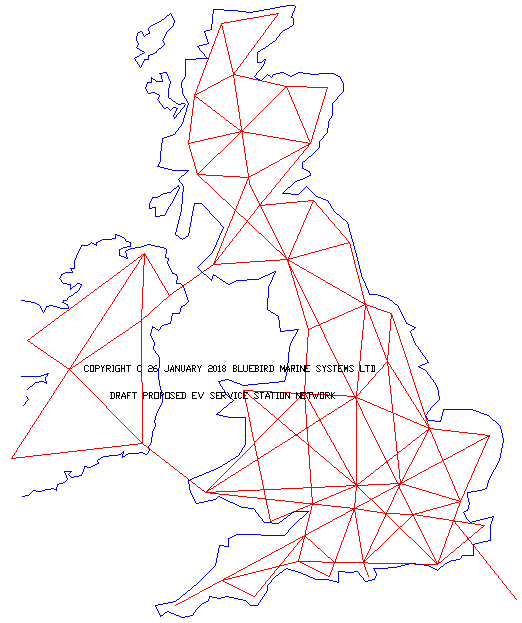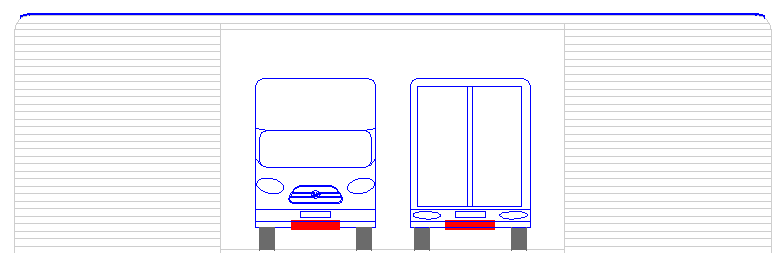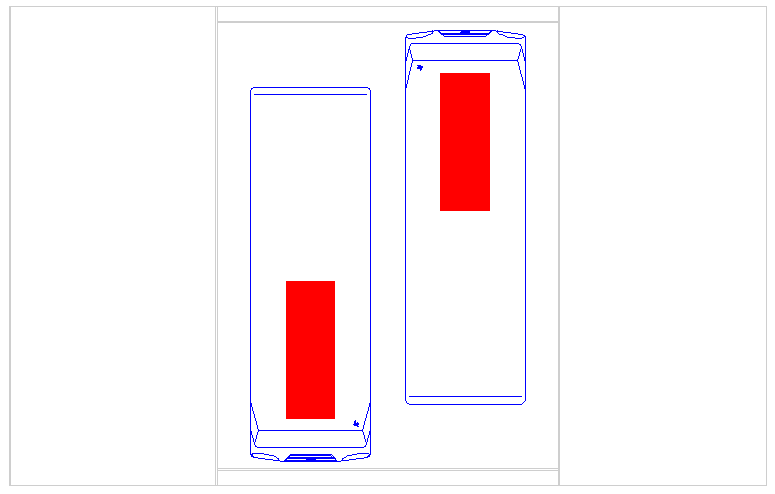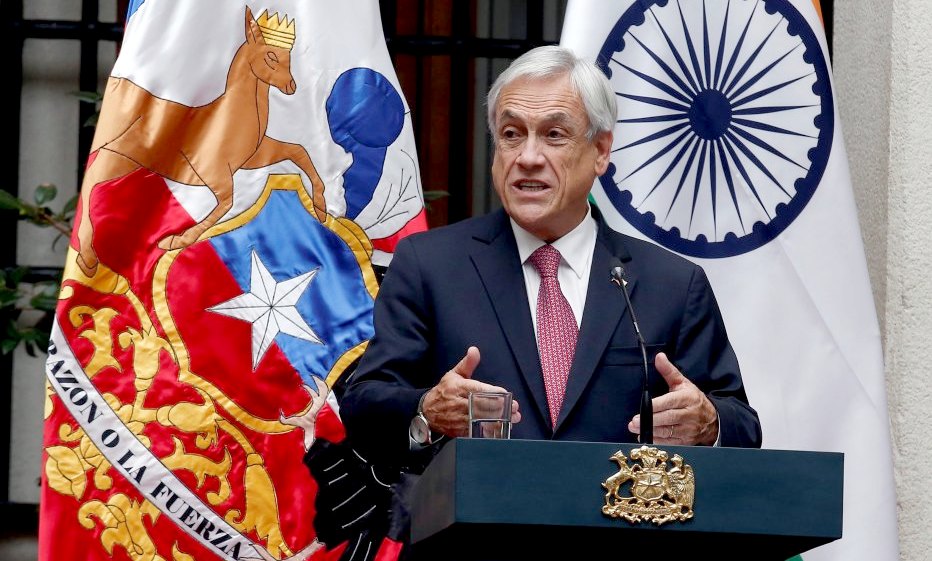|
RANGE ANXIETY Please use our A-Z INDEX to navigate this site, or return HOME
|
|
DIRTY HABITS - The United Nations is an organization that should have been promoting an energy infrastructure for vehicles to run on renewable energy. If they had done so, range anxiety would be a thing of the past. Sadly, the task still lies ahead of us. Politicians are not scientists, yet they make decisions for the voting public that scientists should make.
Range anxiety is a blocker to mass sales of electric vehicles. Anyone contemplating such a purchase will soon realise that there are very few charging points and that the range of their car is thus limited to local trips, unless they can find an outlet to plan journeys ahead and wait in between charges.
The solution to this problem is obvious and has existed since the time when Professor Porsche was building electric cars in the early 1900's with Jacob Lohner. Porsche filed a patent for a battery exchange system when working on the Lohner-Porsche electric cars.
Not much came of that until 2008 when Shai Agassi started Better Place using the Renault Fluence and battery cartridge swapping. This was also short lived because the cars were not able to service themselves and policy makers were flying the red flag. Hence, we still have limited ranges on EVs.
FAST CHARGE
We now have something called fast charge. But all battery engineers know that charging a battery quickly reduces its working life. And there are nowhere near enough charging points at kerb sides, supermarkets or shopping centers in any event. Something that the California Air Resources Board are taking seriously. But they do not appear to be looking too closely at the economics of EV ownership as an overall figure in terms of global warming.
One of the Six most important changes to cool our planet is a clean Transport Infrastructure that is sustainable. This should include servicing for electric vehicles as being the most energy efficient form of transport at the moment and potentially 100% renewable in the search for that elusive Circular Economy. Fast charging may not be the answer we are looking for - although it is better than nothing.
SUSTAINABLE EV SERVICING - This concept EV forecourt offers between 7.68 - 15.36MWh of solar assisted energy storage with a capacity of between 48-96 battery cartridges on a continuous charge cycle. Five of these stations (76.8MW) could recharge (refuel) up to 10 trucks or cars a minute at peak times.
During rush hour, up to 300* vehicles might be serviced in one hour if drivers don't dawdle, as in get out of their vehicles for any reason - there is no need using automated billing - but this would require registered users. The truck shown in these AutoCAD drawings is 3.55 wide x 3.5 high x 7.7M long (8 x 11.5 x 25 feet). This station could accommodate trucks 4.46M (14.77 feet) high as shown, or with a raised roof, almost any truck currently on the market - though longer thinner trucks are more fuel efficient.
During an eight hour day 2,400 trucks might be serviced using five forecourts on the assumption that we start every morning with 96 x 5 = 480 slow charged cartridges from off-peak supplies. The same forecourt might be used to service fuel-cell cars powered by stabilized hydrogen. One size fits all with agreement as to a universal cartridge format. Agreement is perhaps the next stumbling block that may require directives from the G20. That being the case and with their track record of doing not a lot, and even then slowly, the chances of heading off more extinctions is slim.
* Fastest theoretical exchange cycle @ one minute per exchange with drivers/passengers staying in their vehicles at all times.
STOP GAP
The
California Air Resources Board is considering adoption of a new regulation to implement the “Electric Vehicle Charging Stations Open Access Act” (Senate Bill 454; Statutes of 2013). This new law is intended to ensure all drivers of plug-in electric vehicles are able to access publicly available charging stations regardless of membership status.
SIX IMPORTANT CHANGES TO COOL THE PLANET
1. TRANSPORT: Phase out polluting vehicles. Government aims to end the sale of new petrol, and diesel vehicles by 2040 but have no infrastructure plan to support such ambition. Marine transport can be carbon neutral. Air travel should be limited.
2. RENEWABLES: Renewable energy should replace carbon-based fuels (coal, oil and gas) in our electricity, heating and transport. Conventional energy exploration companies should consider a phased transition to green alternatives.
3. HOUSING: On site micro or macro generation is the best option, starting with new build homes that are both affordable and sustainable. Councils who empire build climate unfriendly houses must be stopped with legislation and enforceable penalties.
4. AGRICULTURE: We need trees to absorb carbon emissions from a growing population, air travel, and to build new homes. We need to reduce food waste and promote less energy intensive eating habits such as no meat Mondays.
5. INDUSTRY: Factories should be aiming for solar heating and onsite renewable energy generation until the grid is all solar and wind powered.
6. POLITICS: - National governing bodies need to adopt policies to eliminate administrative wastages, to include scaling down spending on war machines, increase spend on educating the public and supporting sustainable social policies that mesh with other cultures. We need an end to local empire building kleptocrats.
"It is harder for a rich man to enter the kingdom of heaven than pass through the eye of a needle."
That is an old Biblical proverb, that is equally true of wealthy nations trying to divest themselves of a fossil fuel based economy.
The wealthier the state, the more it will cling to petroleum as a concentrated and transportable energy supply, even if they have the technology to stop their plutocratic tendencies.
Nobody likes change. We are creatures of habit. We feel comfortable with filling stations, diesel and petrol. We like gas and oil central heating and air conditioning. Kleptocrats in society rely on the unwillingness of administrations to change.
LINKS & REFERENCE
https://www.un.org/
Please use our A-Z INDEX to navigate this site
|
|
|
This website is provided on a free basis as a public information service. copyright © Climate Change Trust 2020. Solar Studios, BN271RF, United Kingdom.
|
